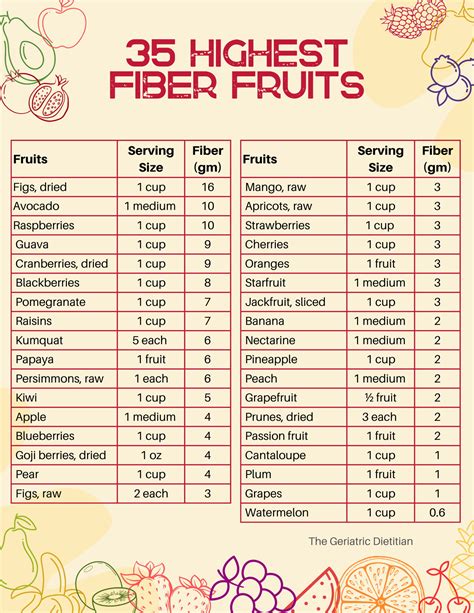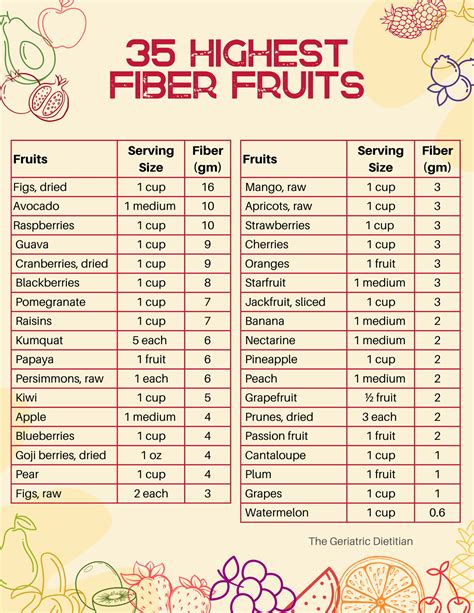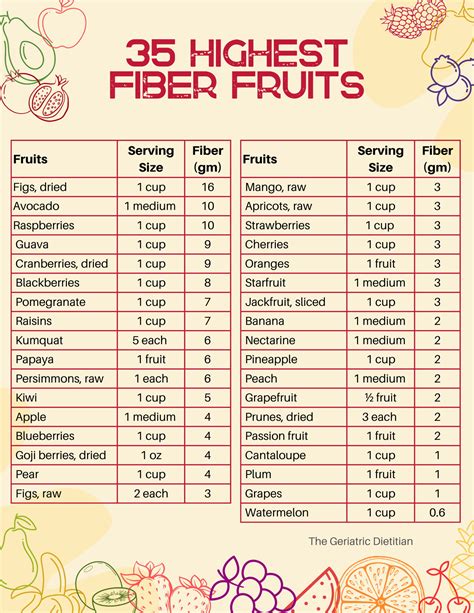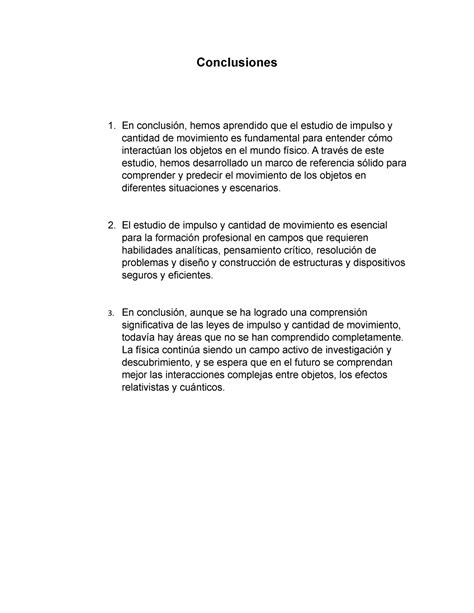Intro
Boost digestion with high fiber fruits like apples, bananas, and berries, rich in dietary fiber, antioxidants, and nutrients, supporting healthy gut bacteria and weight management.
Eating a diet rich in fruits is one of the simplest ways to improve overall health and wellbeing. Fruits are packed with essential vitamins, minerals, and antioxidants that help to protect the body against chronic diseases. Among the numerous benefits of fruits, their high fiber content is particularly noteworthy. Fiber plays a crucial role in maintaining healthy digestion, promoting feelings of fullness, and supporting healthy blood sugar levels. With so many delicious and nutritious fruits to choose from, incorporating high fiber fruits into your daily diet can be easy and enjoyable.
A diet that includes a variety of fruits can provide a significant amount of fiber, helping to meet the daily recommended intake. The average adult needs about 25-30 grams of fiber per day, but most people consume much less than this. Eating high fiber fruits daily can help bridge this gap, supporting overall health and reducing the risk of chronic diseases like heart disease, diabetes, and certain types of cancer. Furthermore, a high fiber diet can also help with weight management, as fiber-rich foods tend to be more filling, reducing the likelihood of overeating.
Incorporating high fiber fruits into your diet is not only beneficial for your health, but it can also add variety and flavor to your meals. From juicy apples and bananas to tangy oranges and grapefruits, there are countless options to choose from. Whether you enjoy your fruits as a snack, add them to your breakfast cereal, or blend them into a smoothie, there are many ways to make high fiber fruits a part of your daily routine. With their numerous health benefits and versatility in cooking, it's no wonder why fruits are often referred to as nature's candy.
Benefits of High Fiber Fruits

Key Nutrients in High Fiber Fruits
The nutritional profile of high fiber fruits is impressive, with a range of essential vitamins, minerals, and antioxidants. Some of the key nutrients found in high fiber fruits include: * Vitamin C: important for immune function and collagen production * Potassium: helps to lower blood pressure and support healthy heart function * Folate: crucial for cell growth and development * Antioxidants: protect against oxidative stress and inflammation * Phytochemicals: have been shown to have anti-inflammatory and anti-cancer propertiesTop High Fiber Fruits to Eat Daily

How to Incorporate High Fiber Fruits into Your Diet
Incorporating high fiber fruits into your diet can be easy and enjoyable. Here are some tips to get you started: * Start your day with a high fiber fruit salad, featuring a mix of seasonal fruits * Add sliced fruits to your breakfast cereal or oatmeal * Enjoy a mid-morning snack of fresh fruit, such as an apple or banana * Blend your favorite fruits into a smoothie, adding a boost of fiber and nutrients * Try grilling or roasting fruits, such as peaches or pineapple, for a sweet and savory dessertHigh Fiber Fruit Recipes to Try

Tips for Choosing the Best High Fiber Fruits
When it comes to choosing the best high fiber fruits, there are a few things to keep in mind. Here are some tips to help you make the most of your fruit choices: * Choose seasonal fruits, which tend to be fresher and more flavorful * Opt for whole fruits, rather than juices or dried fruits, which can be high in sugar and low in fiber * Select a variety of fruits, to ensure you're getting a range of nutrients and fiber content * Consider the ripeness of your fruits, as some fruits, like bananas, are higher in fiber when they're riperCommon Mistakes to Avoid When Eating High Fiber Fruits

How to Avoid Digestive Issues with High Fiber Fruits
While high fiber fruits are generally beneficial for digestive health, some individuals may experience digestive issues, such as bloating, gas, or constipation. Here are some tips to help you avoid these issues: * Introduce high fiber fruits gradually, to allow your digestive system to adjust * Drink plenty of water, to help fiber move through your digestive system * Choose fruits that are lower in fiber, such as berries or citrus fruits, if you're experiencing digestive issues * Avoid eating high fiber fruits with other high fiber foods, such as beans or whole grains, which can exacerbate digestive issuesConclusion and Next Steps

What are the benefits of eating high fiber fruits?
+Eating high fiber fruits can help promote healthy digestion, support healthy blood sugar levels, and reduce the risk of chronic diseases like heart disease and certain types of cancer.
Which fruits are high in fiber?
+Some of the top high fiber fruits include apples, bananas, oranges, grapefruits, mangoes, pears, peaches, figs, apricots, and plums.
How can I incorporate high fiber fruits into my diet?
+You can incorporate high fiber fruits into your diet by starting your day with a high fiber fruit salad, adding sliced fruits to your breakfast cereal, enjoying a mid-morning snack of fresh fruit, blending your favorite fruits into a smoothie, or trying grilling or roasting fruits for a sweet and savory dessert.
What are some common mistakes to avoid when eating high fiber fruits?
+Some common mistakes to avoid when eating high fiber fruits include eating too much fruit, not drinking enough water, not introducing high fiber fruits gradually, and not choosing a variety of fruits.
How can I avoid digestive issues with high fiber fruits?
+You can avoid digestive issues with high fiber fruits by introducing them gradually, drinking plenty of water, choosing fruits that are lower in fiber, and avoiding eating high fiber fruits with other high fiber foods.
